ADHD Symptoms in Adult Women
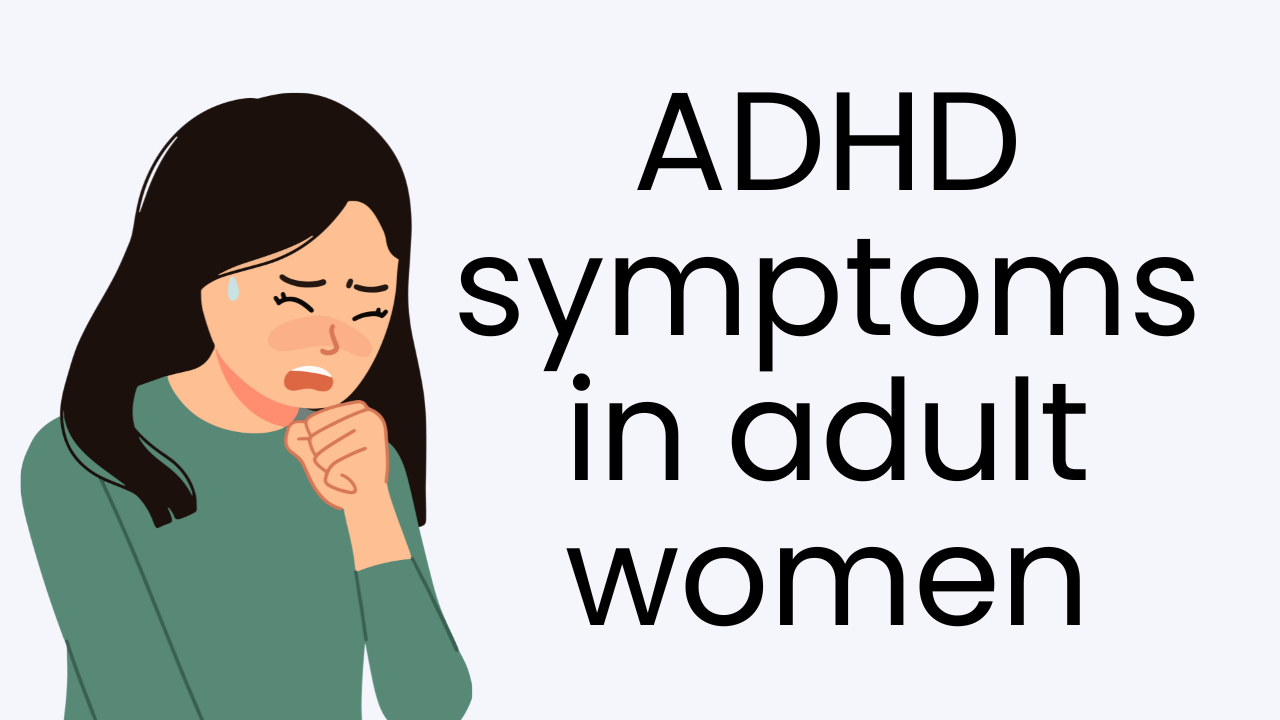
Attention Deficit Hyperactivity Disorder (ADHD) is a neurodevelopmental condition that has long been associated with children, particularly young boys exhibiting hyperactive and impulsive behaviors. However, the reality is that ADHD is a lifelong condition that affects individuals well into adulthood, and its manifestations in adult women are often overlooked or misunderstood.
As an ADHA expert, I have dedicated a significant portion of my research to understanding the unique challenges faced by adult women with ADHD. This comprehensive guide delves into the complexities of this condition, shedding light on its symptoms, potential causes, and the various treatment options available.
What is ADHD in Women?
ADHD, or Attention-Deficit/Hyperactivity Disorder, is a neurodevelopmental condition that affects both children and adults. While it is often associated with hyperactive behavior in boys, ADHD can also impact girls and women. However, ADHD symptoms in females may be different from those typically seen in males.
ADHD in women is characterized by difficulties with attention, impulsivity, and/or hyperactivity. However, compared to men and boys with ADHD, females tend to exhibit more internalizing symptoms such as daydreaming, disorganization, difficulty focusing, and impulsivity.
Women with ADHD may find themselves constantly misplacing things or forgetting important details or instructions. They may struggle with time management and feel overwhelmed by tasks. Additionally, they may have a history of anxiety and depression.
It's important to note that ADHD can run in families. If you have undiagnosed ADHD yourself, you may become more aware of your own symptoms if a family member such as your child or sibling receives a diagnosis.
Research suggests that women may develop ADHD symptoms later in life; however, further studies are needed to confirm this finding.
ADHD Symptoms in Women: A Closer Look
While the core symptoms of ADHD are the same for both men and women, the way these symptoms manifest can vary significantly. It is essential to understand the specific challenges faced by adult women with ADHD to provide appropriate support and treatment.
Inattention Symptoms

One of the most common symptoms of ADHD in women is inattention, which can manifest in the following ways:
- Difficulty focusing and sustaining attention, especially during tasks that are perceived as mundane or uninteresting
- Easily distracted by external stimuli, such as noise or movement, or internal thoughts and daydreams
- Forgetting daily tasks, obligations, or appointments, despite genuine efforts to remember
- Struggling to follow instructions or complete complex, multi-step tasks
- >Poor time management and organizational skills, leading to missed deadlines and a sense of disorganization
Hyperactive Symptoms

Although hyperactivity is often associated with childhood ADHD, it can persist into adulthood for women, presenting as:
- Restlessness and fidgeting, such as tapping feet or playing with objects
- Excessive talking or interrupting others, even in situations where it is socially inappropriate
- Difficulty engaging in leisure activities quietly, often feeling the need to be physically or mentally occupied
- Feeling restless or "driven by a motor," leading to a constant sense of energy or inability to relax
Impulsivity Symptoms
Impulsivity is another core symptom of ADHD that can significantly impact the lives of adult women, including:
- Acting without considering potential consequences, which can lead to risky behaviors or poor decision-making
- Impulsive spending or decision-making, often leading to financial difficulties or regret
- Interrupting others or blurting out responses before questions are fully asked
- Difficulty waiting their turn or being patient, often seen as rude or inconsiderate
Emotional Symptoms

In addition to the core symptoms of ADHD, many adult women with the condition experience emotional challenges that can exacerbate their struggles. These emotional symptoms may include:
- Mood swings and emotional dysregulation, with rapid shifts between emotional states
- Low self-esteem and feelings of inadequacy, stemming from difficulties in meeting societal or personal expectations
- Increased anxiety and stress, particularly in situations that require sustained focus or organization
- Difficulty managing emotions or overreacting to situations, leading to strained relationships or conflicts
These emotional symptoms can be particularly challenging for adult women with ADHD, as they may be perceived as overemotional or irrational by those who do not understand the complexities of the condition.
Potential Causes and Risk Factors
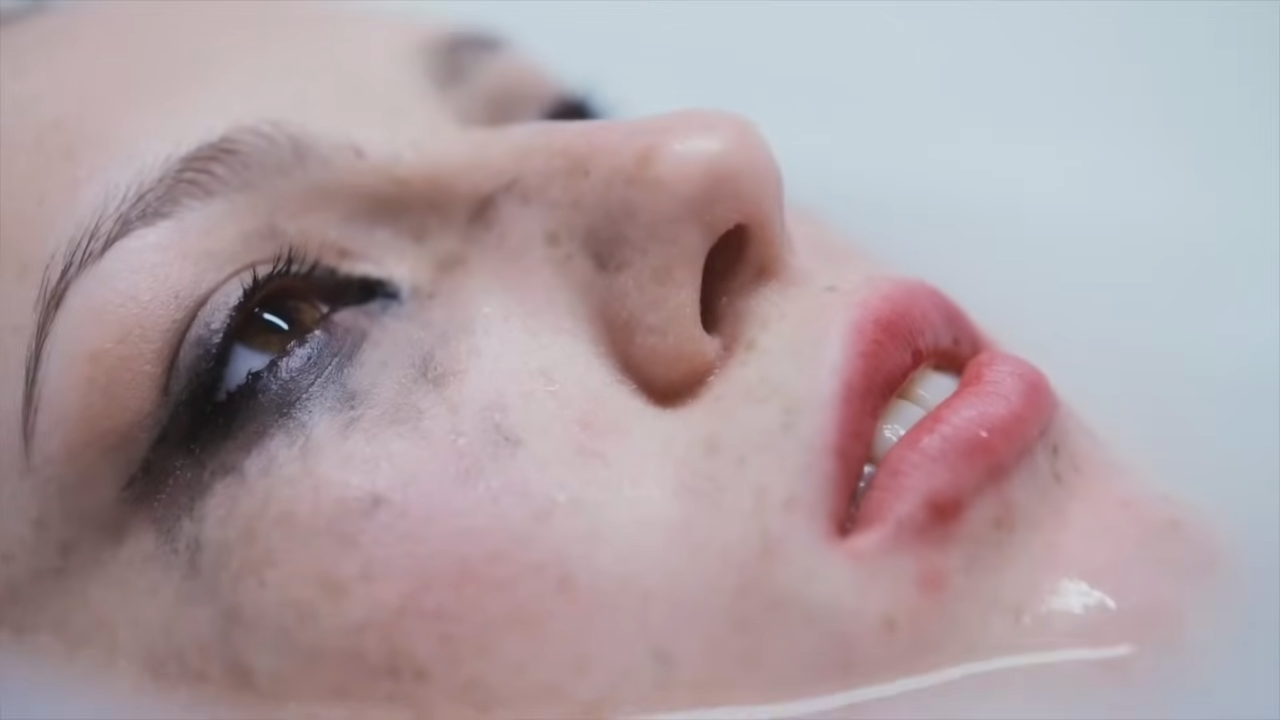
While the exact causes of ADHD are not fully understood, research suggests that a combination of genetic and environmental factors may contribute to its development. Some potential causes and risk factors include:
- Genetics: ADHD tends to run in families, suggesting a strong genetic component. If one or both parents have ADHD, their children are more likely to develop the condition.
- Brain Chemistry: Imbalances or dysregulation of certain neurotransmitters, such as dopamine and norepinephrine, have been linked to ADHD symptoms. These neurotransmitters play crucial roles in attention, focus, and impulse control.
- Environmental Factors: Exposure to certain environmental factors during pregnancy or early childhood may increase the risk of developing ADHD. These factors include maternal smoking, alcohol consumption, exposure to toxins or pollutants, and premature birth.
- Brain Injury or Trauma: Traumatic brain injuries or other neurological conditions that affect brain development or function may increase the likelihood of developing ADHD symptoms.
- Gender Differences: While ADHD is more commonly diagnosed in boys during childhood, it is believed that the condition may be underdiagnosed in girls due to the subtler presentation of symptoms. As women age, these symptoms may become more pronounced and disruptive.
It is important to note that ADHD is a complex condition, and these potential causes and risk factors do not necessarily determine individual outcomes. Each person's experience with ADHD is unique, and a comprehensive evaluation by a healthcare professional is crucial for accurate diagnosis and appropriate treatment.
Treating ADHD in Adult Women
While ADHD is a lifelong condition, there are various treatment options available to help manage the symptoms and improve overall quality of life for adult women. A comprehensive approach combining medication, therapy, and lifestyle modifications is often recommended.
Medication
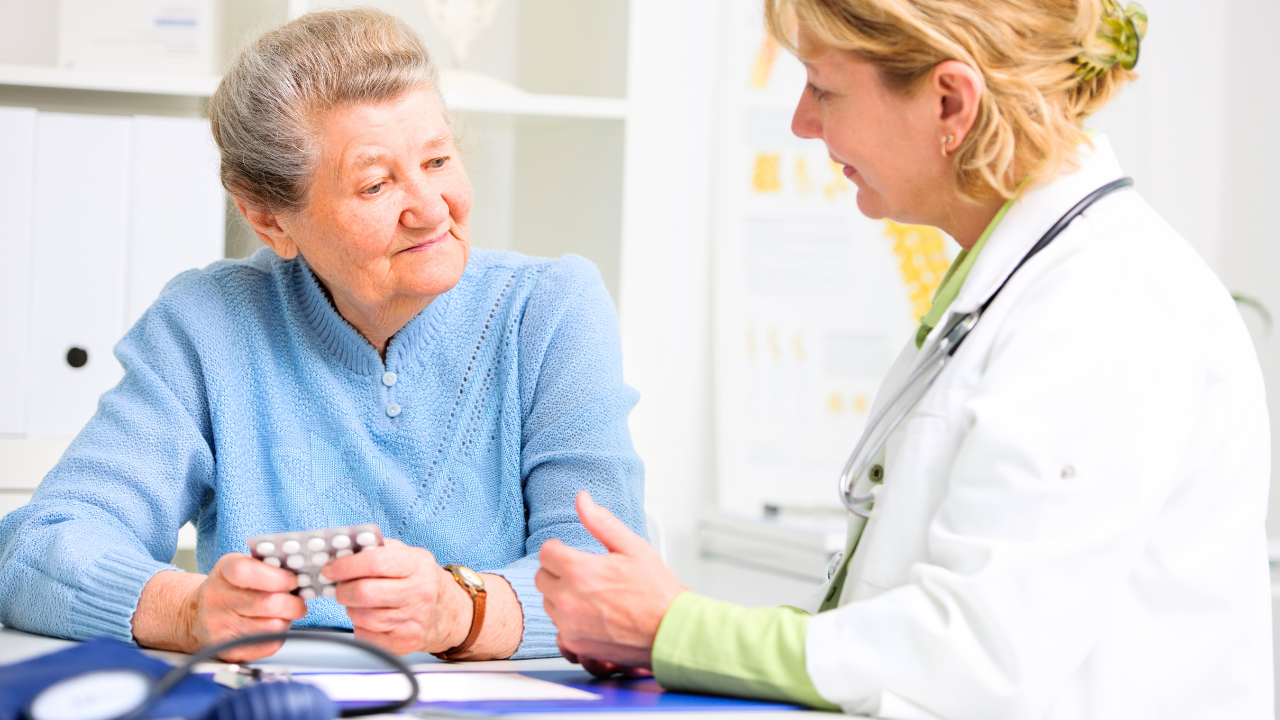
Prescription medications are often a crucial component of ADHD treatment for adults, including women. The most commonly prescribed medications for ADHD are stimulants, such as methylphenidate (Ritalin) and amphetamine-based medications (Adderall). These medications work by increasing the levels of certain neurotransmitters in the brain, improving focus, concentration, and impulse control.
Non-stimulant medications, such as atomoxetine (Strattera) and guanfacine (Intuniv), are also available and may be preferred for individuals who cannot tolerate stimulants or have specific medical conditions.
It is essential to work closely with a healthcare professional to find the right medication and dosage, as individual responses can vary. Regular monitoring and adjustments may be necessary to ensure optimal effectiveness and minimize potential side effects.
Supplements
While not a substitute for prescribed medication, certain supplements have shown promise in alleviating ADHD symptoms in adults. However, it is crucial to note that more research is needed to establish their effectiveness fully.
Omega-3 Fatty Acids
Omega-3 fatty acids, found in fish oil supplements, have been studied for their potential to improve cognitive function and reduce symptoms of ADHD. These essential nutrients play a crucial role in brain development and function, supporting neuronal communication and reducing inflammation.
Zinc
Zinc is an essential mineral involved in various brain processes, including neurotransmitter regulation and cognitive function. Some studies suggest that zinc supplementation may improve ADHD symptoms, particularly in individuals with zinc deficiencies.
Vitamin D
Vitamin D deficiency has been linked to various neurological conditions, including ADHD. Preliminary research indicates that vitamin D supplementation may help improve attention and reduce impulsivity in individuals with ADHD.
SNAP Brain Formula Supplements

One supplement worth mentioning is SNAP Brain Formula Supplements specifically designed for those with attention difficulties such as those with ADHD (Attention Deficit Hyperactivity Disorder). These supplements contain a combination of vitamins, minerals, amino acids, antioxidants, herbal extracts, and other nutrients believed to support brain health and improve focus.
It is important to note that while supplements may provide some benefits, they should not be considered a standalone treatment for ADHD. It is always advisable to consult with a healthcare professional before starting any supplement regimen, as they can interact with medications or have potential side effects.
Therapy

In addition to medication and supplements, various therapeutic approaches can be beneficial for adult women with ADHD. Cognitive-behavioral therapy (CBT) is a popular and effective treatment option that helps individuals develop coping strategies, improve time management and organizational skills, and address negative thought patterns or low self-esteem.
CBT for ADHD often focuses on developing specific strategies and techniques to manage symptoms, such as:
- Practicing mindfulness and meditation to improve focus and reduce distractibility
- Implementing organizational tools and systems to stay on track with tasks and appointments
- Developing time management skills and strategies for breaking down large tasks into manageable steps
- Identifying and reframing negative thought patterns or self-critical beliefs
- Building emotional regulation skills to better manage mood swings and emotional dysregulation
Other therapeutic approaches, such as mindfulness-based therapies, coaching, and support groups, can also be valuable in managing ADHD symptoms and promoting overall well-being. These approaches provide a supportive environment for individuals to learn coping strategies, connect with others facing similar challenges, and receive guidance and encouragement.
Other therapeutic approaches, such as mindfulness-based therapies, coaching, and support groups, can also be valuable in managing ADHD symptoms and promoting overall well-being. These approaches provide a supportive environment for individuals to learn coping strategies, connect with others facing similar challenges, and receive guidance and encouragement.
Lifestyle Modifications
In addition to medication, supplements, and therapy, incorporating lifestyle modifications can play a crucial role in managing ADHD symptoms in adult women. These modifications can help create a supportive environment and establish routines that promote focus, organization, and overall well-being.
Creating a Conducive Environment

Adult women with ADHD may benefit from creating an environment that minimizes distractions and promotes focus. This can include:
- Organizing workspaces and living areas to reduce clutter and visual distractions
- Utilizing noise-canceling headphones or background music to minimize auditory distractions
- Implementing time management tools, such as calendars, to-do lists, and reminders
Establishing Routines

Routines can provide structure and support for individuals with ADHD, helping them stay on track and reducing the cognitive load associated with decision-making. Some helpful routines may include:
- Developing consistent sleep schedules and prioritizing adequate sleep
- Incorporating regular exercise or physical activity into daily routines
- Establishing meal routines and making mindful food choices to support brain health
Stress Management

Stress can exacerbate ADHD symptoms and contribute to emotional dysregulation. Practicing stress management techniques, such as deep breathing exercises, yoga, or meditation, can help adult women with ADHD better manage their stress levels and promote overall well-being.
Building a Support System

Having a strong support system can be invaluable for adult women with ADHD. This may include:
- Seeking understanding and encouragement from family and friends
- Joining support groups or online communities for individuals with ADHD
- Connecting with a mentor or coach who understands the unique challenges of ADHD in women
By combining medication, supplements, therapy, and lifestyle modifications, adult women with ADHD can develop a comprehensive and personalized treatment plan tailored to their specific needs and challenges.
Challenges and Misconceptions
Despite increased awareness and understanding of ADHD in recent years, adult women with the condition still face significant challenges and misconceptions. One of the most pervasive challenges is the stigma and lack of understanding surrounding ADHD, particularly in its presentation in women.
Stereotypes and Misdiagnosis
Many stereotypes and misconceptions surrounding ADHD stem from the historical focus on hyperactive and disruptive behaviors in boys. As a result, the more subtle symptoms of inattention and emotional dysregulation in women are often overlooked or misunderstood.
Adult women with ADHD may be misdiagnosed with conditions such as anxiety, depression, or borderline personality disorder, leading to inappropriate treatment and a lack of targeted support for their ADHD symptoms.
Societal Expectations and Self-Doubt
Women with ADHD often face societal expectations and pressures that can exacerbate their struggles and contribute to feelings of inadequacy or self-doubt. The demands of balancing work, family life, and household responsibilities can be overwhelming for those with ADHD, leading to feelings of failure or disappointment.
Moreover, women with ADHD may internalize negative stereotypes and question their own abilities, further perpetuating a cycle of self-doubt and low self-esteem.
Unique Challenges in Relationships and Parenting
ADHD can pose unique challenges in relationships and parenting for adult women. The symptoms of inattention, impulsivity, and emotional dysregulation can strain communication and intimacy, leading to misunderstandings and conflicts.
Additionally, women with ADHD who are mothers may struggle with the organizational demands and multitasking required in parenting, leading to feelings of guilt or inadequacy.
It is essential to address these challenges and misconceptions through education, awareness, and support. By promoting a better understanding of ADHD in adult women, we can work towards reducing stigma, improving access to appropriate diagnosis and treatment, and providing the necessary resources and accommodations for individuals to thrive.
Final Words
ADHD in adult women is a complex and often misunderstood condition that requires a comprehensive and compassionate approach. By recognizing the unique manifestations of ADHD symptoms in women, such as inattention, emotional dysregulation, and challenges with executive functioning, we can better support and empower those affected.
While the journey of managing ADHD can be challenging, it is important to remember that with proper diagnosis, treatment, and support, adult women with ADHD can lead fulfilling and successful lives, embracing their unique strengths and overcoming the challenges posed by this condition.
As a health expert, I strongly encourage adult women who suspect they may have ADHD to seek professional evaluation and support. By working closely with healthcare professionals, therapists, and support networks, individuals can develop personalized treatment plans that combine medication, supplements, therapy, and lifestyle modifications to effectively manage their symptoms.
Furthermore, it is crucial to address the societal stigma and misconceptions surrounding ADHD in women. Through education, advocacy, and increased awareness, we can create a more inclusive and supportive environment for individuals to thrive, regardless of their neurodiversity.
Remember, ADHD is not a weakness or a limitation; it is a unique way of experiencing and interacting with the world. By embracing this perspective and providing the necessary resources and accommodations, we can empower adult women with ADHD to unlock their full potential and contribute their talents and strengths to society.
At the end, this comprehensive guide serves as a call to action for healthcare professionals, researchers, and society as a whole to deepen our understanding of ADHD in adult women and provide the support and resources they deserve. Together, we can create a world where neurodiversity is celebrated, and individuals with ADHD are empowered to live fulfilling and successful lives.
Take Charge of
Your Brain Health Today!
Shop Now!
Similar Articles:
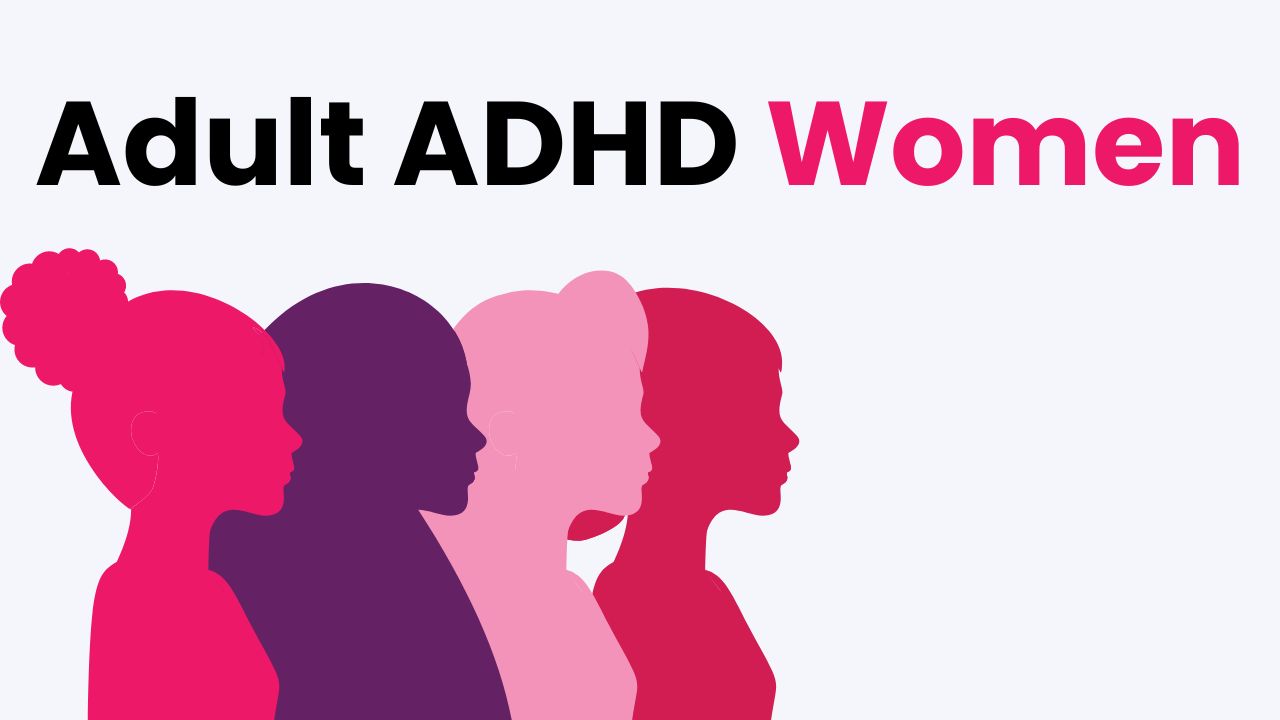
Adult ADHD Women
Attention Deficit Hyperactivity Disorder (ADHD) is a neurodevelopmental condition that has...
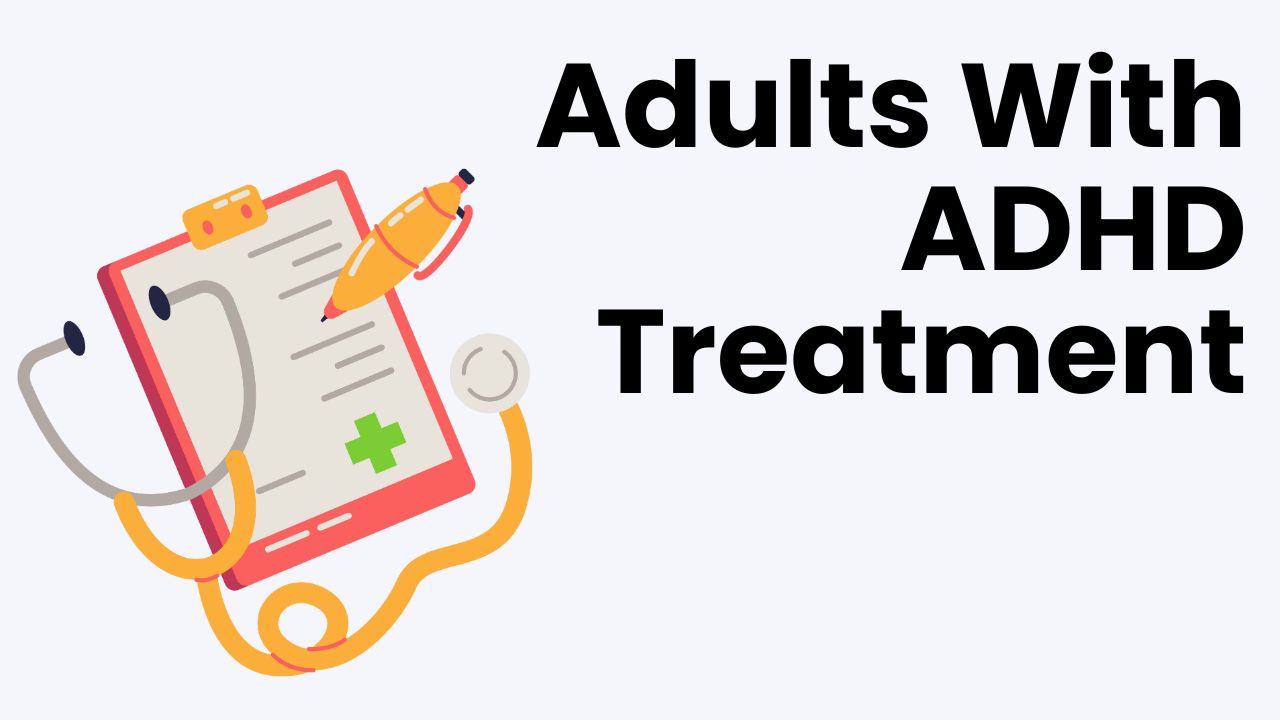
Adults with ADHD Treatment
Attention Deficit Hyperactivity Disorder (ADHD) is a neurological condition that has long been associated...
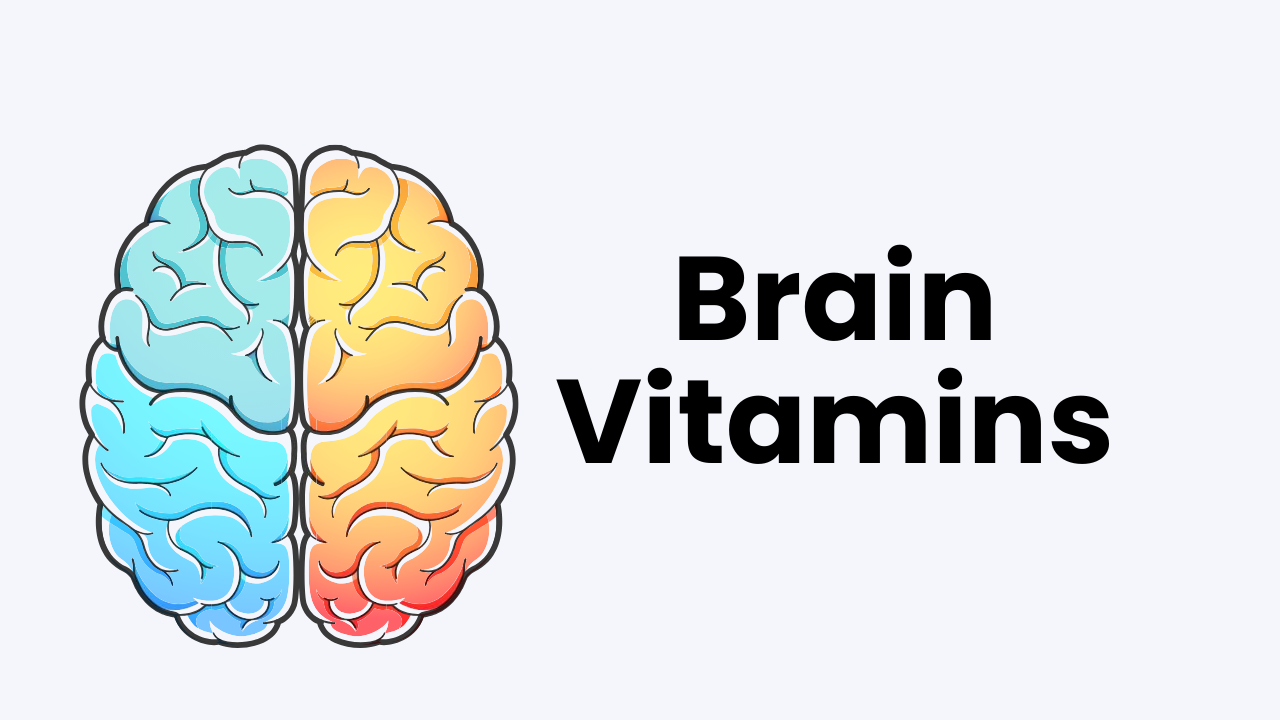
Brain Vitamins
We explore the world of brain vitamins - what they are, why they are important, the benefits they provide...